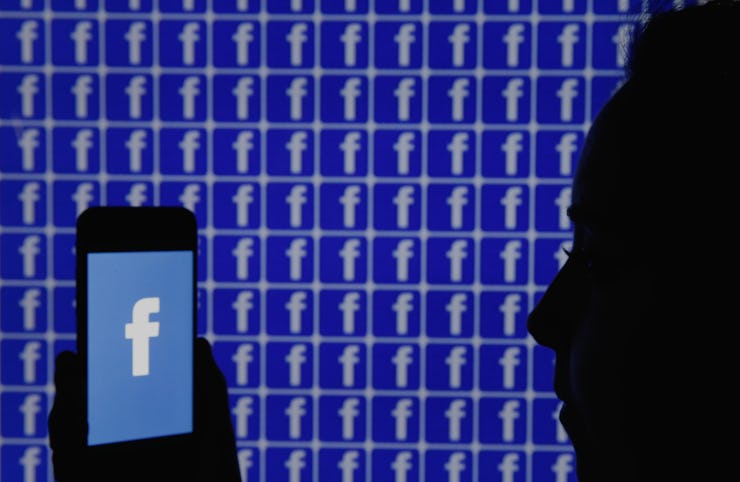Facebook's latest attempt to fight misinformation is a sham, critics say
Reuters is now going to start helping Facebook identify misinformation on the platform during the 2020 election and beyond.

Reuters just announced its partnering with Facebook to help fight misinformation on the social media platform during the 2020 election and beyond. A team of Reuters fact-checkers will be monitoring content on Facebook and Instagram to "identify where media is false or misleading."
"Reuters will now assess the authenticity of user-generated photos, videos, headlines and other content on social media—in the run-up to the U.S. election and beyond—verifying for Facebook’s U.S. audience in both English and Spanish and publishing findings on a specially created blog," Reuters reports.
Inverse has learned the content that is identified as misinformation will not be removed unless it violates the platform's community standards. Content that is found to be misinformation will be labeled as such. Users will be able to report content they believe to be misinformation for fact-checkers to take a look at as part of the process.
Stories that have been labeled as misinformation will be distributed less on the platform, and pages that spread too much misinformation may have their distribution reduced generally and possibly even lose the right to advertise. Based on Facebook's existing policies, it seems unlikely these rules will apply to politicians.
Reuters explains that it has been working on educating people around the world on how to spot fraudulent videos and images since 2018, and it partnered with Facebook in December to develop an online tool that helps journalists learn how to identify this kind of fraudulent content.
Jess April, director of global partnerships at Reuters, said in a statement that they've watched the spread of misinformation on a massive scale and are working to fight it.
"We are steadfastly recognizing the magnitude of misinformation taking place around the world. It’s a growing issue that impacts society daily and it’s a responsibility for news organizations and platforms to halt the spread of false news," April said. "Reuters has a superior track record in sourcing, verifying and clearing user-generated content for distribution to thousands of clients globally and we are best placed in using our in-house expertise to fact check social media content."
After the spread of misinformation on Facebook and other social media platforms had such a large impact on the 2016 election, these companies have been working on developing strategies to fight fake news, deepfakes and more. As we've previously reported, Facebook's plan to fight deepfakes that was announced last month has been criticized heavily as not going far enough. The question now is where this partnership with Reuters will be more effective.
See also: Is social media stressing you out? Why you keep coming back for more
Brooke Binkowski, former managing editor of Snopes and the current managing editor of Truth or Fiction, tells Inverse that Snopes had partnered with Facebook in a similar way when she worked there. That partnership ended last year. She hasn't been at Snopes since 2018, but she explains things weren't great when she was working with Facebook to do fact-checking.
"You're basically negotiating with the foxes to keep the hens safe," Binkowski says. "What happens is Facebook gets to control whatever output it wants and still with no transparency at all, so we fact-checkers can break our backs for the truth and their algorithms will still merrily spread disinformation all over the world and corrode every democracy it touches."
Binkowski says she believes working with Facebook just offers the company "good optics" while it perpetuates the spread of misinformation. After Snopes and Facebook went their separate ways, the social media giant partnered with the fact-checking platform Lead Stories, and she says their people seem to be doing good work, but she says Facebook should not be trusted to truly fight misinformation.
"They're still controlling the narrative," Binkowski says.